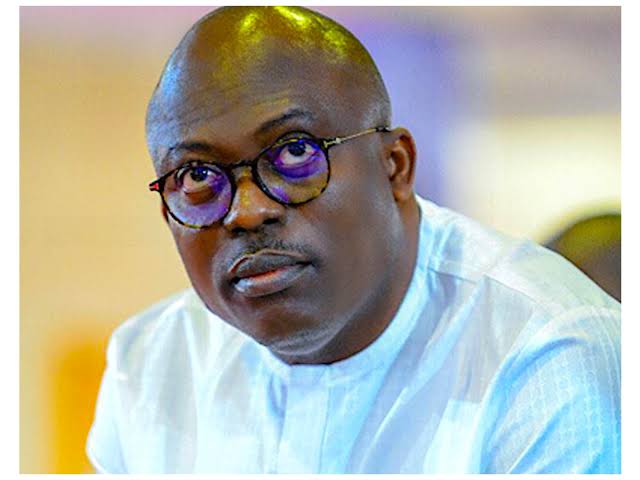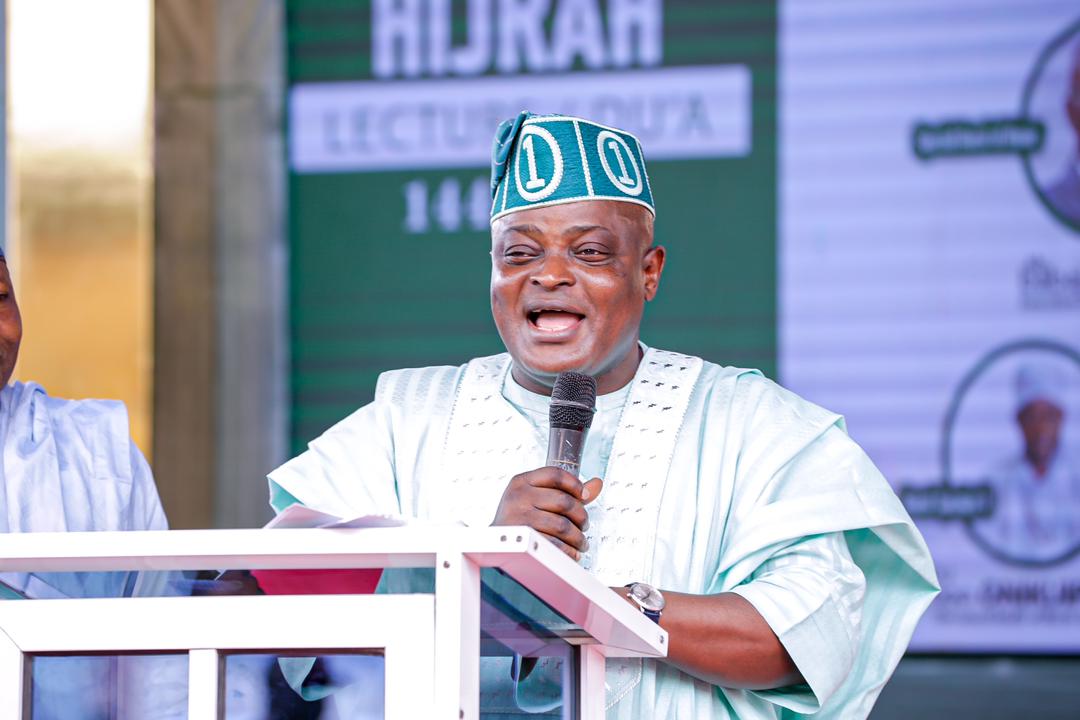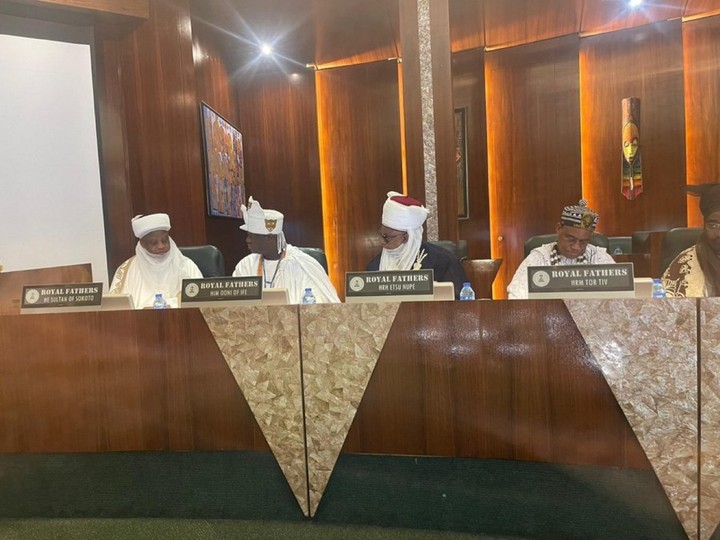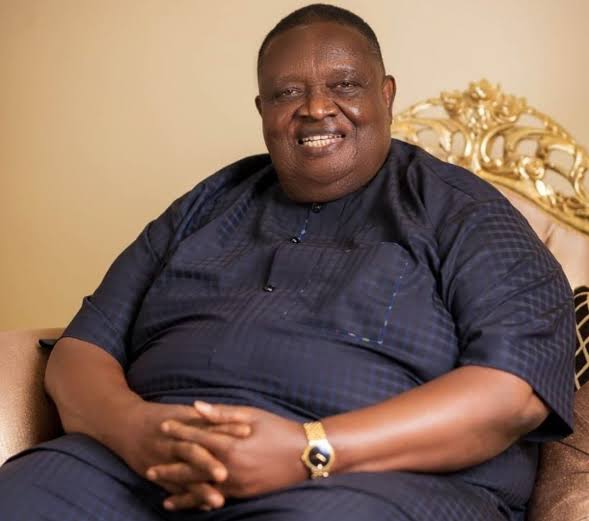*Rivers’ Journey of Transformation Under Fubara*
By Paul Thomas
As I stepped into Rivers State, I was bracing myself for accounts of a prolonged and bitter conflict, perpetuated largely through social media and fueled by a dominant narrative that has come to define the state in recent times – one of incessant strife and unyielding hostility. Expecting to witness chaos and turmoil, I was prepared to encounter a state mired in political squabbles and clashes, as sensationalized by the headlines. However, I was pleasantly surprised to find a vastly different reality. Instead of the anticipated disorder, I was met with a transformative landscape that told a more comprehensive and optimistic story, one that is frequently obscured by the din of political theatrics. Under the visionary stewardship of Governor Sim Fubara, Rivers State is undergoing a remarkable renaissance. In a mere 10 months, Fubara has spearheaded numerous projects, effecting a radical overhaul of the state’s infrastructure and ushering in an era of peace and security, thereby redefining the very fabric of the state.
One of the most striking aspects of Governor Fubara’s administration is his commitment to peace and security. During my visit, I observed a palpable sense of calm and safety. People went about their daily activities without fear, a stark contrast to the tense atmosphere that once pervaded the state. This peace is not accidental; it is the result of deliberate policies and actions by the governor. His administration has prioritized security, investing in the police force and implementing measures to curb crime and violence. The once-turbulent state now exudes an aura of calm, an evidence to Fubara’s commitment to security. But it’s the infrastructure development that truly left me in awe.
In this last 10 months, Governor Fubara has embarked on an ambitious journey to reshape Rivers state. From the bustling city of Port Harcourt to the serene rural areas, the signs of progress are evident. Roads are being constructed and rehabilitated, schools are being renovated, and healthcare facilities are being upgraded.
One of the most impressive projects is the reconstruction of the Port Harcourt-Aba Road, a critical artery connecting the state’s economic hubs. This thoroughfare, once notorious for its deplorable condition, has been transformed into a modern, safe, and efficient transportation route.
Governor Fubara has recently reaffirmed his commitment to delivering the highly anticipated 12.5km Trans-Kalabari Road project, and has taken a significant step towards realizing this promise by paying 30 percent of the contract sum to mobilize the contractors to commence work on the project, thereby ensuring its timely completion. This development has brought immense joy to the people of Kalabari Kingdom, who have long awaited the transformation of the swampy areas, and are eager to reap the economic benefits that the completion of the road project will bring. By taking concrete action to fulfill his promise, Governor Fubara has demonstrated to his people that he is a leader who not only makes promises but also manifests them, thereby earning their trust and admiration.
Fubara’s team has also made significant strides in healthcare, with the establishment of world-class medical facilities and the revitalization of existing ones. The Rivers State University Teaching Hospital, a flagship project, has become a beacon of hope for quality healthcare in the region.
The realm of education, a crucial facet of societal advancement, has been accorded significant consideration by Fubara’s administration, which has undertaken a multifaceted approach to enhance the sector. Not only have schools been constructed and renovated, but also a conducive learning environment has been fostered, enabling students to thrive academically. Moreover, the introduction of innovative programs and scholarships has empowered the youth, equipping them with the skills and knowledge necessary to excel in an increasingly complex world, thereby brightening their future prospects.
Furthermore, the governor’s unwavering commitment to infrastructure development has extended to the state’s waterways, with the construction of modern jetties and terminals, which has not only augmented transportation but also stimulated economic activities, creating novel opportunities for trade and commerce to flourish.
The incessant unveiling of projects serves as a testament to the unwavering commitment of Governor Fubara’s administration to crafting a more affluent and thriving future for Rivers State. These projects, while indispensable for the state’s advancement, transcend mere physical edifices; they embody the very essence of a revitalized Rivers State, one that is forging ahead with unyielding resolve and unwavering purpose.
What left an indelible mark on my psyche was the palpable sense of pride and proprietorship exhibited by the residents. They spoke of Fubara’s projects with an air of possessiveness, expressing heartfelt gratitude for the profound and transformative impact on their daily lives, thereby underscoring the profound connection and sense of belonging that has been fostered between the government and the governed.
Fubara’s administration has tackled the state’s longstanding challenges with a multifaceted approach. From road construction to healthcare and education, every sector has received a boost. The governor’s dedication to creating a conducive environment for growth and prosperity is palpable.
Yet, despite these positive developments, the narrative about Rivers state in the media remains largely negative. The feud between Governor Fubara and his predecessor, Nyesom Wike, dominates the headlines, overshadowing the transformative work being done in the state. This focus on conflict is not only misleading, but it also does a disservice to the people of Rivers state, who are eager to move beyond the past and embrace the future.
Governor Fubara is not a man easily swayed by distractions. He remains focused on his vision for Rivers state, a vision of growth and prosperity. His commitment to this vision is evident in his actions. Despite the challenges and obstacles, he continues to push forward, undeterred by the noise and distractions.
My journey through Rivers State revealed a narrative beyond the feud – a tale of transformation, progress, and hope. Governor Fubara’s infrastructure revolution has set the state on a path towards sustainable growth and prosperity, inspiring a new generation of Rivers indigenes. The old narratives of conflict and feud are slowly being replaced by stories of progress and development. And at the center of this transformation is Governor Fubara, a leader who is not just building infrastructure, but also building hope.
It is imperative that we redirect our attention away from the protracted and contentious rivalry between Fubara and Wike, and instead devote our energies to acknowledging and appreciating the transformative initiatives underway in Rivers State. Let us commemorate the significant advancements achieved thus far, confront the obstacles that lie ahead with courage and resilience, and offer our unwavering support to the ongoing pursuit of a more prosperous and enlightened Rivers State. For ultimately, it is not the conflicts and discord that define our character, but our capacity to transcend them and pave a path towards progress and growth. And under the visionary leadership of Governor Fubara, Rivers State is indeed charting a course towards a brighter future, one marked by tangible progress and unwavering determination.
This is a call to action. A call to change the narrative about Rivers state, to focus on the positive developments, and to support the transformative journey being led by Governor Fubara. For it is in this journey that the true story of Rivers state lies, a story of resilience, progress, and hope.
Rivers under Governor Fubara is a state in transformation. It is a state that is shrugging off the shadows of its past and embracing a brighter future. It is a state where the daily lives of its residents are improving, where security is being restored, and where development projects are being executed with impressive efficiency. Amidst the noise of political rivalry, this is the narrative that deserves to be heard. This is the Rivers that I saw, and this is the Rivers that Governor Fubara is building.
As I left the state, I couldn’t help but feel a sense of optimism, knowing that Fubara’s vision will continue to shape a brighter future for Rivers.
Thomas is a UK trained freelance journalist writing from London.

 Business6 months ago
Business6 months ago
 Business6 months ago
Business6 months ago
 celebrity radar - gossips6 months ago
celebrity radar - gossips6 months ago
 celebrity radar - gossips6 months ago
celebrity radar - gossips6 months ago














